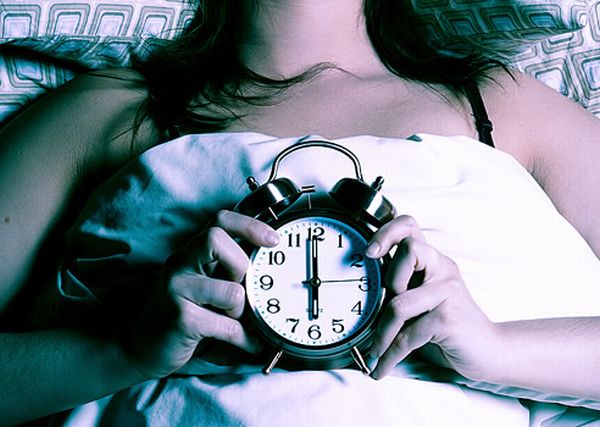
The great poet, Henry David Thoreau once said, ‘The only time I have problem is when I sleep’. How vividly we all relate to this ailment these days! Insomnia, defined as difficulty in sleeping or having a non refreshing sleep has become an epidemic. Time constrained lifestyles have heavily taxed our sleep and its quality. If we are stressed or preoccupied, sleep will always suffer.
Following are some tips to beat insomnia:
1. Room
Room should be quiet and dark with no noise or disturbance. Your bed/pillow should be as per your comfort. Don’t watch TV or read in the room where you sleep. Let it be exclusively for your sleep.
2. Avoid stimulants
Avoid caffeine containing beverages before going to bed. They activate your sympathetic nervous system and it becomes difficult to sleep peacefully.
3. Avoid alcohol
It should be avoided prior to sleep. Its diuretic property wakes you up at night and the hangover makes the sedated sleep quite forgetful with headache, nausea, and heartburn.
4. Set your biological clock
Try to sleep at a fixed time. Avoid short naps and try to regularize your sleep timing so that your body gets acclimatized to it.
5. Follow a daily ritual
Establish a ritual before you go to bed so that your body gets a signal that it’s time to rest. For example take a bath around an hour or so prior to sleeping.
6. Drink warm milk with honey before sleeping
It helps to initiate sleep, mediated through tryptophan in dairy products. It’s a natural supplement to augment sleep imitation. Also taking something sweet at bed time acts as a sedative. Same is true for some high carbohydrate foods like toasts.
7. Nature’s cure
Valerian is a herb which has certain chemicals which act as muscle relaxants and sedatives and seem to be better than allopathic medicines. Found in Europe, this herb is rampantly used to treat insomnia.
8. Do moderate exercise
One should not do heavy or strenuous exercises/activities just before going to bed as it makes it difficult to initiate sleep.
9. Try to avoid watching TV prior to sleeping
The visual images on TV or movies prior to sleep, stimulates the brain to think about the content just watched and thus makes it difficult to initiate sleep.
10. Consult a physician
Professional help must be sought prior to starting any medication as they have innumerable side effects apart from addicting features. Supplementation with tryptophan or melatonin (the hormone responsible for our circadian rhythm) may be advised by a doctor after evaluation.
11. Confirm about sleep disorders with your partner
Rule out some common causes of sleep disorders like periodic sleep movements. Common example is ‘restless leg syndrome’. Careful questioning from one’s partner can help to nail the cause.
12. Maintain a log book
All individuals are different and thus there cannot be standard generalizations applicable to everyone. What is good for some is harmful for others. Similarly what works for one may not work for others. Thus, one must note down the factors which helped them to sleep well or not sleep well and make the necessary individualized changes.
If followed religiously, these simple things surely will go a long way for a peaceful and refreshing sleep.




